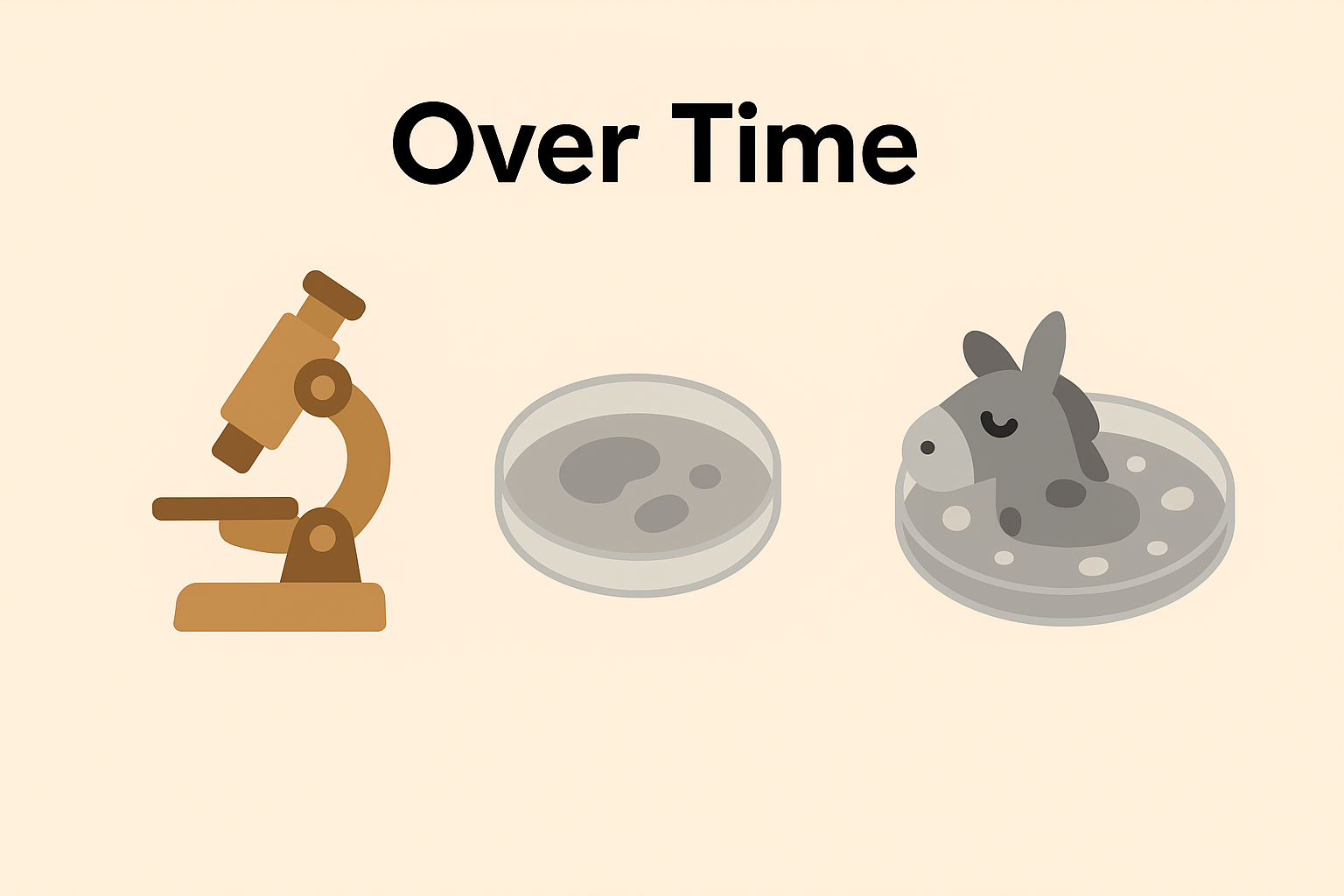
For decades, we’ve studied biology on a flat surface — literally. Traditional 2D cell culture, while essential, has long been a compromise, forcing cells into unnatural environments that limit how they behave, communicate, and evolve. But biology doesn’t happen in two dimensions. And neither should our models.
Enter 3D cell culture-
3D culture systems allow cells to grow and interact in all directions, forming spheroids, organoids, and even tissue-like structures that more accurately reflect the complexity of real life. This matters — a lot. Why?
Key Advantages of 3D Cell Culture:
Physiological Relevance
Cells behave more like they do in the body, with better representation of gradients, signaling, polarity, and gene expression.
Improved Predictivity for Drug Discovery
3D systems reduce false positives/negatives and better model how tissues respond to therapies — especially in oncology, fibrosis, and neurology.
Advanced Disease Modeling
Organoids and engineered 3D systems allow us to replicate patient-specific tissues for studying rare diseases, infections, or cancer subtypes.
Enabling Regenerative Medicine
Scaffolds, hydrogels, and bioengineered niches are helping us grow vascularized tissues, miniature organs, and immune-interactive systems for cell therapy.
Better Environmental Control
Modern systems give us tunable control over oxygen, nutrients, and cell–cell signaling — the microenvironment is no longer a black box.
---
What’s Coming Next?
In the near future, we will:
Use patient-derived 3D cultures to screen drugs in real-time and personalize therapies
Build immune-competent organoids to model inflammation, rejection, and immune-therapeutic responses
Enable closed-loop automation of complex 3D systems for GMP manufacturing of cell therapies
Engineer synthetic microenvironments that guide cell fate decisions with precision — leading to smarter, safer therapies
At Aloft Biotechnologies, we’re building the infrastructure to unlock that future — creating highly tunable 3D systems designed not just to grow cells, but to instruct them.
Because in the end, it's not just about mimicking life — it’s about engineering it for better health.